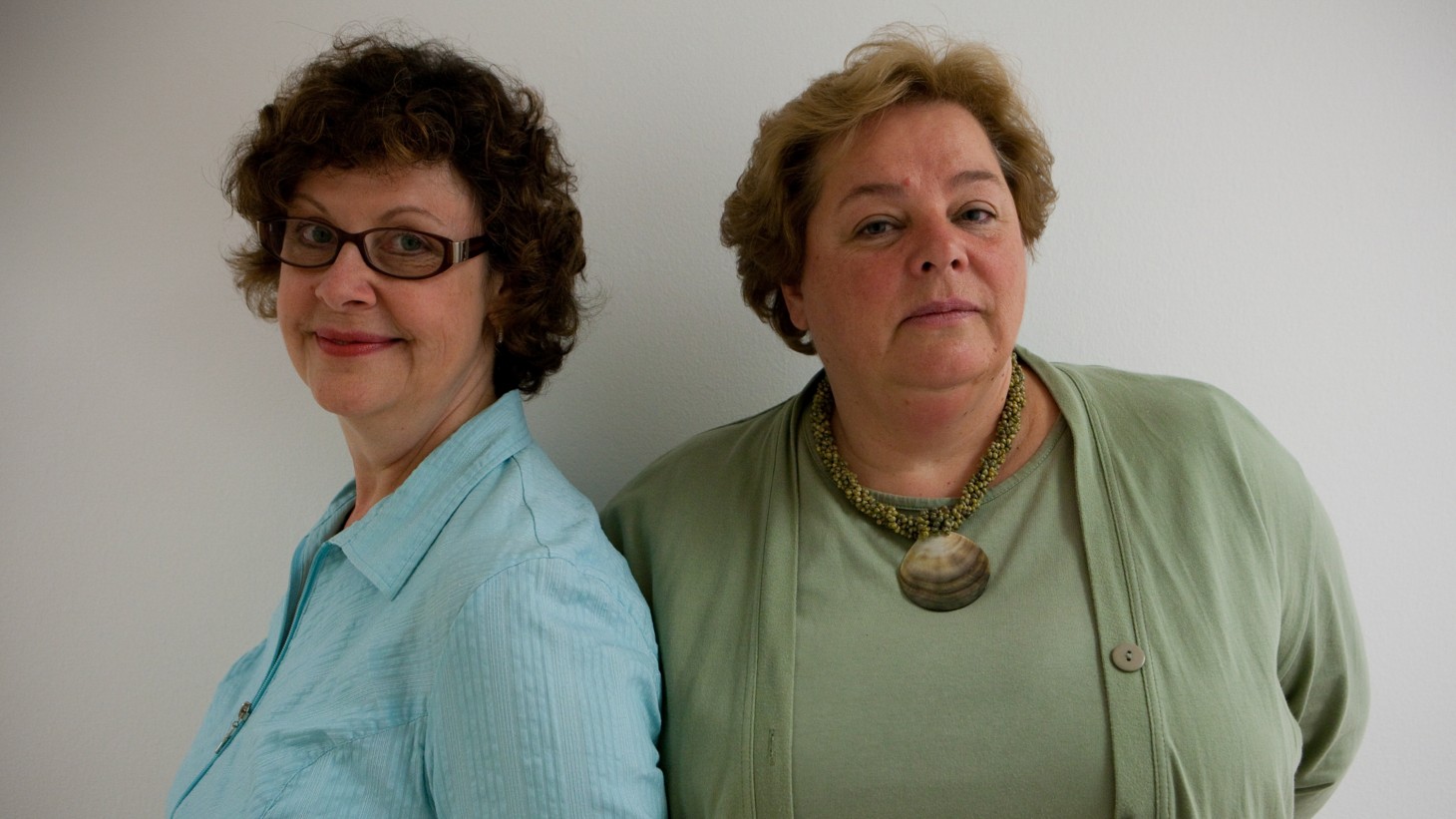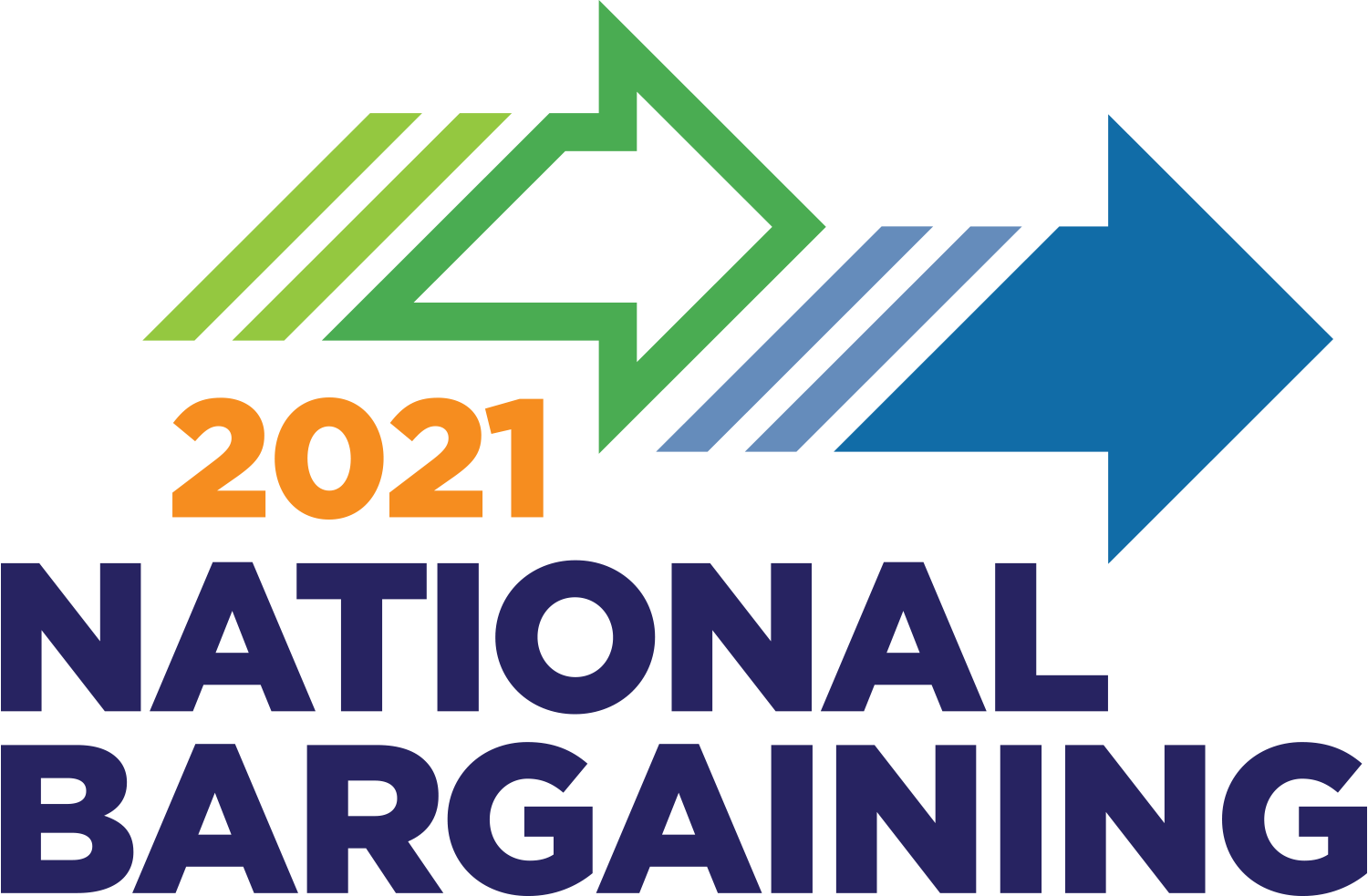
Caroll Hammill (left) pictured with management chair Ursula Doidic
Commit to the time it takes and to collaboration and planning
I am one of the chairs the LMP leadership team, along with a union colleague from UFCW and two management leaders. I’m also the co-lead of the Woodland Hills’ union coalition. In addition, I’m a full-time certified registered nurse anesthetist in the operating room. To be an effective labor co-lead takes three things: time, collaboration and planning.
Time
I have been doing partnership work at Woodland Hills for 10 years. People respect the time I’ve invested. You have to be on fire for this because it’s an enormous responsibility. It’s going to cost you time, angst and effort. And you can’t build relationships passing in the hall. You have to make the investment of face time. That means showing up at the LMP council meetings, monthly, from 8:00 a.m. to noon.
Planning Ahead
It is important to bring in and plan for new blood. At Woodland Hills, we rotate the labor co-chair in our leadership team every two years. I believe this allows everyone to have a say. It builds trust and experience. And it ensures buy-in from each union—and each segment of each union. We build-in mentorship. For three months, the new person sits in and the current co-lead shows that person the ropes.
We also did this in the Kaiser Permanente Nurse Anesthetist Association when I was president in 2006. I would go with new facility reps to meetings.
Collaboration
We really foster union efforts at the medical center level. We’ve got a group of long-term union coalition people and our unions speak with a single, powerful voice. There have been issues between unions, and we had to work things out until cooler heads prevailed. People say ‘I’m sorry’ and move on.
Working with management is both easy and difficult. It’s easy because they are so partnership oriented and respectful of the unions, and they welcome input. They lead by influence—not by authority by virtue of where they are on the food chain—just like we do. It is difficult sometimes because it requires us to work hard as partners. Sometimes it would be easier to just go along with their recommendations, but then we wouldn’t really be doing our jobs as union leaders. At certain points, you have to say, ‘Well, let me think about that,’ and ask your constituents what they think.
Hospitals are traditionally very hierarchical. The partnership is such an opportunity to have a voice.
